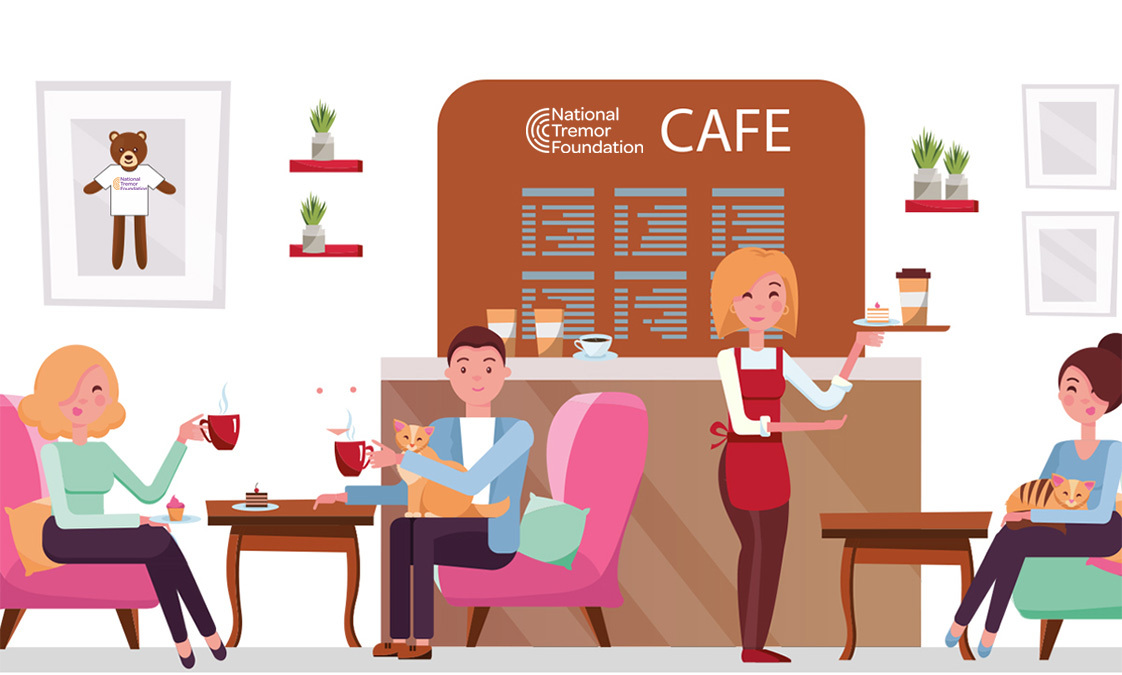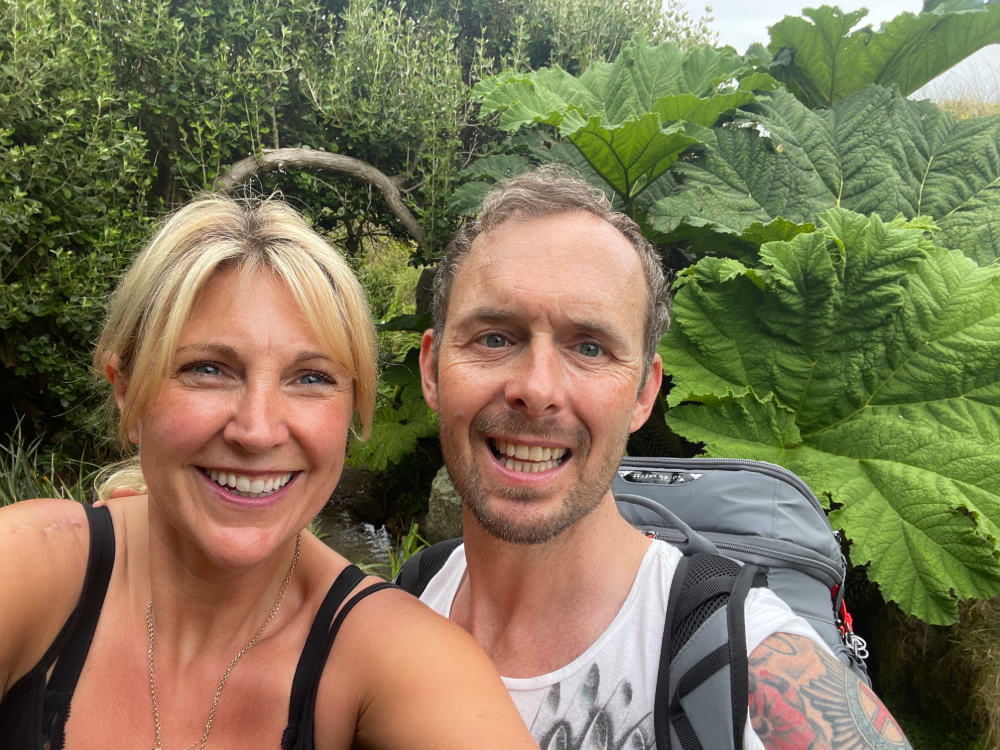Hannah's story
Hannah, who is 19 years old, tells us all about her life and living with tremor
My name is Hannah Eaton, and I am one of approximately 5% of people diagnosed with essential tremor during childhood. In fact, I have had this condition for my entire life.
My parents first noticed I that I would shake as a baby, but considered that I may have just been cold as our flat was not well heated. However, over the course of time they began to realise that my tremor was unrelated to temperature, which led them to seek a doctor’s opinion. I was three years old, and after a series of tests and calls the GP told us he had a potential diagnosis from a neurologist. We were told that I had a condition called “benign essential tremor”. I found out through growing up with this that the condition was inappropriately named, as it was in no way “benign”.
My experience of growing up with essential tremor was very confusing for me. I didn’t know why I was shaking. Why it got worse when I was nervous, or tired, or excited, or when I experienced any kind of extreme emotion. I knew absolutely nothing about essential tremor, and felt alone and misunderstood, having never met anyone in the same situation as me. It was also difficult trying to explain this to other people, especially during first encounters. They always got the wrong impression of me, thinking that I was anti-social, or scared of meeting people. This is because the connotations of seeing someone shaking are commonly that they are feeling nervous. I felt embarrassed whenever people noticed or pointed out my tremor, which created a self-fulfilling prophecy. I began to feel quite anxious around people, and this really knocked my confidence especially in my early teens and throughout high school.
The physical effects of my tremor have also been rather frustrating for me. I’ve lost count of the number of times I’ve spilled hot drinks on myself, eating food takes ages due to half of it falling off my cutlery, and unlocking doors can sometimes seem almost impossible. I try to take these experiences in my stride, but I can’t help but feel a twinge of embarrassment each time I struggle with basic everyday tasks. Another aspect of my tremor is that it can affect my voice, making me sound like I am about to burst into tears. This has impacted my studies, which are often assessed by oral presentations.
Finally, having essential tremor has impacted my hobbies. I am a very creative person and enjoy drawing, photography and playing musical instruments- all activities that require fine motor control. Thankfully, I can still enjoy my hobbies, they just take a little bit more effort than before. However, I have found that my tremor does have an unexpected upside; I have become more determined with everything I do. If my tremor makes me struggle with a task, I push on to prove to myself that it’s possible. This has given me a more positive outlook on having this condition because despite the hardships it brings, I know I can always work through it to achieve exactly what people without essential tremor can.
My advice to anyone struggling with essential tremor is to find out what works best for you. For those dreaming of playing an instrument, I have been recommended to use my tremor to play the drums. For the aspiring artists, painting in a pointillism style or even experimenting with abstract can highlight the uniqueness of our condition. And for those who love coffee as much as I do, travel mugs with lids are a lifesaver!
Get in touch if you'd like to share your story.













